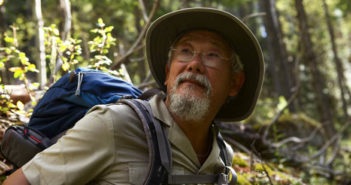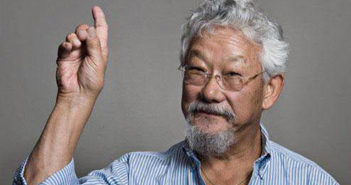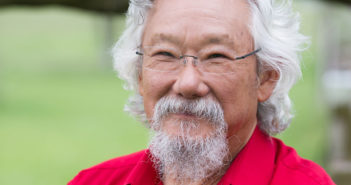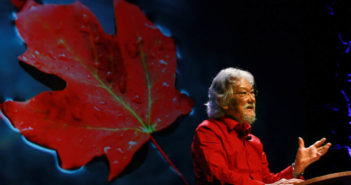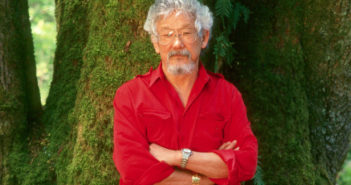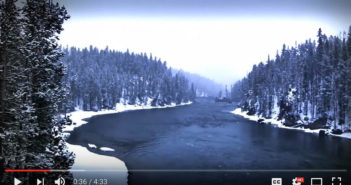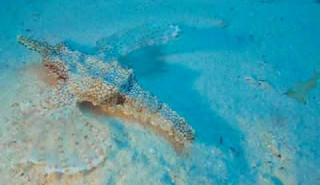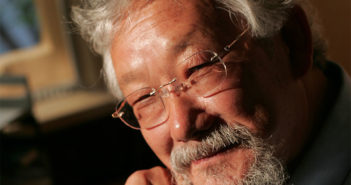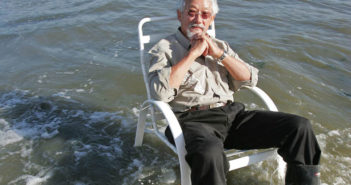Developed by a small team of dedicated scuba diving media professionals,
The Scuba News brings you the best and most up to date scuba diving information from around the world.
Covering everything from the world of scuba diving including: The Environment, Dive Centers, Dive Resorts, Diving Equipment, Photos and Videos, Diver Training and news which affects the whole scuba community.
If you have any questions about The Scuba News or you would like to contribute to our news and blog pages please do not hesitate to
contact us.
